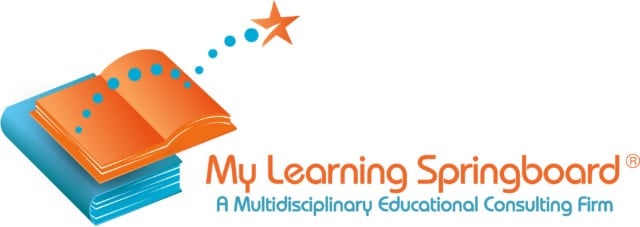 While math competitions are a part of many middle schoolers’ lives, most parents do not realize that they also are an option for elementary schoolers. In an era when extracurriculars make a lot of demands on families’ time, parents of students of all ages might wonder whether to add math contests to the mix. I would argue that for many children, these math competitions are incredibly enjoyable and educational. Below is a guide to some of the more popular contests.
While math competitions are a part of many middle schoolers’ lives, most parents do not realize that they also are an option for elementary schoolers. In an era when extracurriculars make a lot of demands on families’ time, parents of students of all ages might wonder whether to add math contests to the mix. I would argue that for many children, these math competitions are incredibly enjoyable and educational. Below is a guide to some of the more popular contests.
Elementary School
Many students start with competitions such as Mathematical Kangaroo, which is an individual competition, or Math Olympiads for Elementary and Middle Schools (MOEMS), which is a team effort. Both contests emphasize problem-solving over the direct application of school knowledge, and both are excellent sources of thought-provoking problems designed to engage students in a way that school mathematics often doesn’t. Both of these contests continue into middle school, and exceptional students can enter middle school or even high school level competitions, such as the American Mathematics Competitions series. Below are sample questions for each contest:
Math Kangaroo example
Luis had 7 apples and 2 bananas. He gave 2 apples to Yuri, who in return gave some bananas to Luis. Now Luis has as many apples as bananas. How many bananas did Yuri give to Luis?
MOEMS example
A digital clock shows 2:35. This is the first time after midnight when all three digits are different prime numbers. What is the last time before noon when all three digits on the clock are different prime numbers?
Middle School
Many middle schools participate in math competitions through a MathCounts Team. This math competition has multiple components: a written one where students compete individually and as part of a team, and a nerve-wracking countdown round in which speed is a huge factor. For this reason, this competition is not for everyone — in fact, obsessing over speed can be counterproductive for overall mathematical development, which generally requires careful reflection. Additionally, success in this contest often depends on having access to frequent training sessions. Taken in the right spirit, though, MathCounts can be fun.
The American Mathematics Competitions 8 (AMC 8) is an individual competition that also requires relatively fast thinking. It is a multiple choice contest, which is unfortunate, as students generally gain more from structuring responses carefully than by developing rapid-response multiple-choice skills; fascinating problems usually take a long time to solve and require careful exposition, a mathematical ability that many students fail to develop until high school or later. However, past AMC 8 contests are readily available online, and working through these still will help students develop problem-solving skills.
MathCounts example
Three dogs arrived at the dog park at three different times, with their three owners, using three different leash colors. The Dalmatian was next to arrive after the Schnauzer. The dog with the red leash is owned by the 7th grader. The Poodle was not the first to arrive. The Schnauzer does not use a green leash. If the 6th grader owns the Dalmatian, then the Poodle’s leash is blue. The 8th grader arrived first. What is the product of the grade levels of the student who arrived second, the student who owns the Poodle and the student who uses the green leash?
AMC 8 example
The smallest positive integer greater than 1 that leaves a remainder of 1 when divided by 4, 5, and 6 lies between which of the following pairs of numbers?
- (A) 2 and 19 (B) 20 and 39 (C) 40 and 59 (D) 60 and 79 (E) 80 and 124
So, what is the downside of participating in math competitions? Given the unfortunate focus on speed, some students may become anxious. Students who usually check their work for accuracy may find they don’t have time to do so. They are also not required to present their solution (as we typically teach them to), but instead merely give the “answer.” But these competitions are useful even to students who would not like the contest itself. Any child can build their skills by working through a MOEMS book, for example, and many of my students do these problems for fun.
Many students benefit from participating in math competitions, and there are many contests to choose from — for a more extensive list, visit the Art of Problem Solving website, an excellent resource for all things mathematical. Preparing for math competitions helps children benchmark their development and enhance their problem-solving skills. Ideally, they work with a mentor or math coach who can give personalized attention and help them identify areas to improve. Some children thrive in competitive environments, and a good score gives them pride in their abilities. Most of all, especially in the early years, the competitions can make math more appealing. After all, as with all children’s activities, the ultimate goal should be to have fun.
Please contact our office to talk further about math coaching for your student.
By Kovan Pillai, PhD | Math Specialist and Private Tutor

